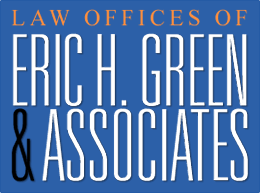Big data seems to be a new reality in just about every aspect of our lives. Most Americans are now aware of the privacy they forfeit each time they use a social media platform or search engine. But we shouldn’t forget that big data can also be used to help people, if it is used correctly.
One example of potentially helpful data analysis is being offered to city planners from an unlikely source: Ford. The automaker is offering what’s known as the “Ford Safety Insights Platform,” which collects data from millions of sources to identify the most dangerous intersections in any given city and how safety problems at those intersections could be solved. This could, in theory, significantly reduce both car accidents and pedestrian/bicyclist accidents.
Ford says that it can aggregate data from police crash reports, “smart” traffic lights and intersection cameras and combine it with data being submitted by newer Ford vehicles. The company noted that data taken from the millions of newer Ford models on the road would be anonymized to protect driver privacy.
If the Safety Insights Platform works as advertised, it would identify intersections with high rates of accidents/collisions as well as intersections with high rates of “near misses.” These are accidents that are only narrowly avoided, but they predict a higher likelihood of future accidents.
New York is one of many cities across the United States with a “Vision Zero” goal, and progress toward that goal has been notoriously difficult. Ford’s data offering could be a powerful tool in fighting traffic accidents, but not everyone is sure they can trust the source. Ford, after all, is a for-profit company whose primary interest is in selling its own products. The company has previously lobbied against the rights of pedestrians and bicyclists, which makes many local officials question whether this new tech being offered is truly unbiased.
Should we, as New Yorkers, trust a treasure trove of data that could potentially save lives, even if the source is a for-profit company that has shown itself to be biased in favor of its own interests?
